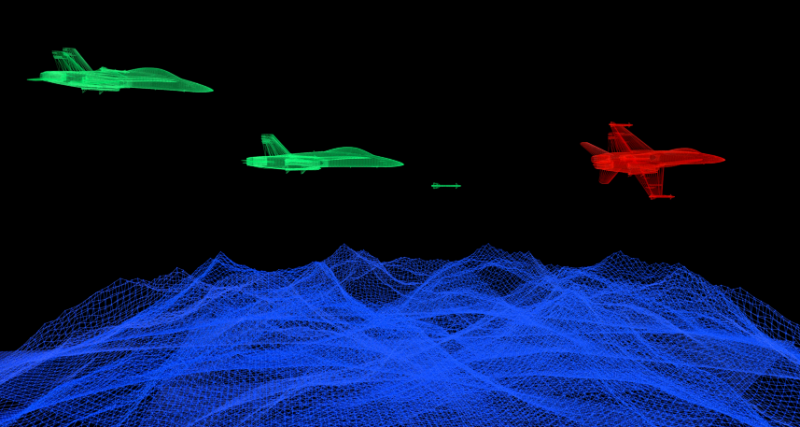
Tel aviv: Israel is renowned for having highly developed air defence capabilities, and artificial intelligence (AI) has a significant impact on improving Israel's air defence systems. To defend its airspace from various threats, such as missiles, rockets, and unmanned aerial vehicles (UAVs), Israel has developed and deployed a number of AI-powered air defence systems. Here are a few illustrations:
1. Iron Dome: Iron Dome is a well-known and widely deployed air defense system developed by Israel. It incorporates advanced AI algorithms to detect, track, and intercept incoming short-range rockets and artillery shells.
The system uses a combination of radars, advanced sensors, and AI algorithms to quickly analyze the trajectory and threat level of incoming projectiles, enabling it to prioritize and engage only those that pose a significant threat to populated areas.
Also Read: Turkiye returns to the polls to choose between competing presidential visions
2. David's Sling: David's Sling is another air defense system developed by Israel, designed to intercept medium-range rockets and missiles. It integrates AI algorithms to process data from various sensors and radars, enabling it to assess the threat level and engage multiple targets simultaneously.
The system's AI capabilities help optimize the interceptor's flight path, improving its efficiency and interception success rate.
Also Read: Taiwan Strait is traversed by a Chinese aircraft carrier
3. Arrow Missile Defense System: Israel's Arrow system provides defense against long-range ballistic missiles. It combines radar systems, AI algorithms, and interceptor missiles to detect, track, and destroy incoming ballistic threats.
AI plays a crucial role in the system's ability to accurately predict and intercept ballistic missiles by analyzing their trajectory, speed, and other parameters in real-time.
4. AI-Enabled Threat Analysis: In addition to dedicated air defense systems, Israel also utilizes AI for threat analysis and situational awareness. By analyzing vast amounts of sensor data, including radar information, intelligence reports, and other sources, AI algorithms can identify potential threats, track their movements, and provide real-time alerts to military operators. This enables faster decision-making and more effective deployment of air defense resources.
Also Read: A man who opened an Asiana plane's door while it was in the air claims he was "uncomfortable"
It's important to note that Israel has extensive experience with AI in other military branches in addition to air defence. The nation has a strong defence industry and makes significant research and development investments, leading to ongoing advancements in AI technology for a variety of defence industry applications.